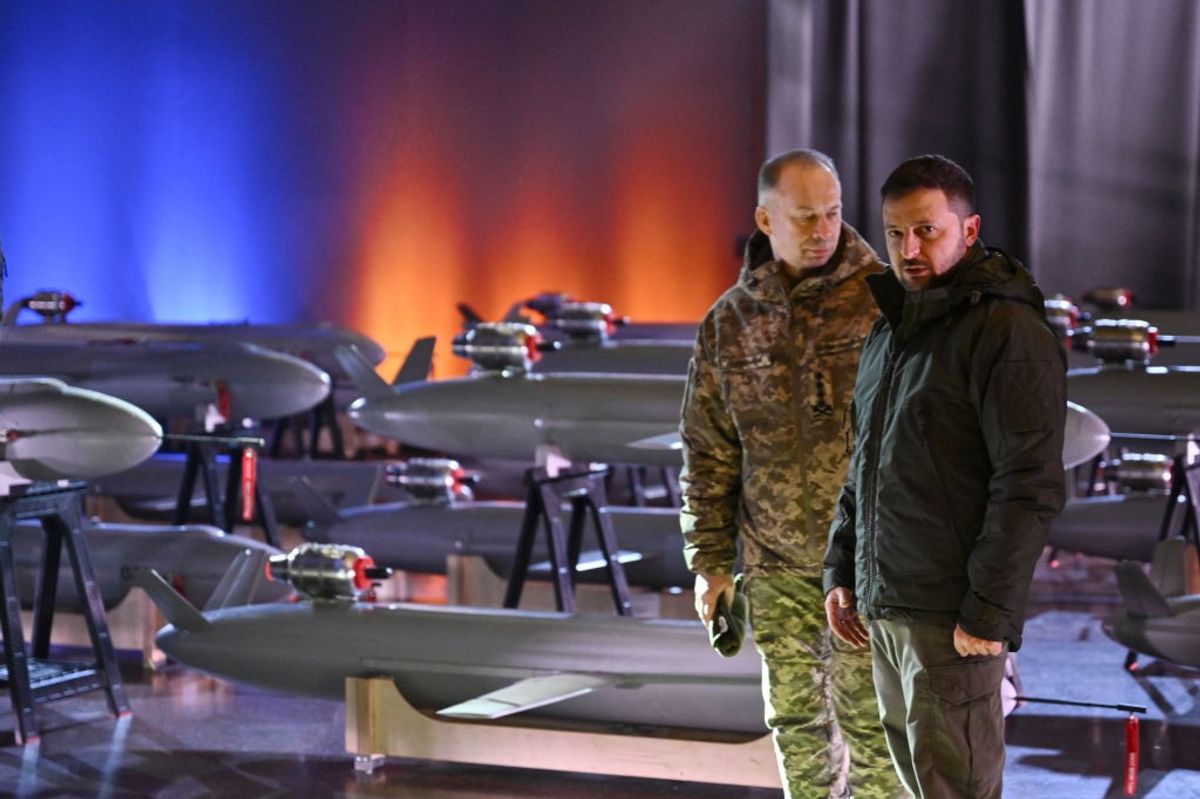Bottom Line Up Front
- Turkey’s Defense Ministry claims that earlier this week, a Turkish convoy was bombed in Idlib province in northwest Syria.
- There have been ongoing clashes between Assad’s regime and fighters from the Turkish-backed Free Syrian Army (FSA).
- Idlib, the last rebel stronghold in Syria, is a potential flashpoint that could drag Russia, Iran, and Turkey into a broader conflagration.
- It remains unclear if the strike was an accident or a message sent by Assad and reinforced by Russia, that the Syrian regime will stop at nothing in its quest to retake Idlib.
Turkey’s Defense Ministry stated that earlier this week a Turkish convoy was bombed in Idlib province near the city of Maarat al-Numan in northwest Syria. The attack resulted in several deaths and a dozen injuries, with the Turks initially claiming that several civilians were killed in the bombing. There has been some uncertainty over exactly which target was struck, with some Syrian opposition members claiming that it was their convoy that was attacked, while it was traveling alongside a Turkish vehicle. The Syrian government suggested that the Turkish convoy was carrying weapons to forces fighting to overthrow Syrian dictator Bashar al-Assad, while the Turks claim that they were resupplying a Turkish observation post in Morek.
There have been ongoing clashes between Assad’s regime and fighters from the Turkish-backed Free Syrian Army (FSA). Turkey supports a mélange of Arab proxy forces and has cooperated at various points throughout the conflict with jihadist terrorist groups in Syria, including Hay' at Tahrir al-Sham (HTS). But it remains unclear precisely what level of control Ankara can assert over HTS and other anti-Assad fighters that it supports. There is also an ambiguous relationship between HTS and fighters linked to al-Qaeda, which makes supporting the former highly problematic for most countries involved in the eight-year-long Syrian civil war.
Ankara protested the strike and appealed to Moscow to respect and enforce the terms of a prior de-escalation agreement reached nearly a year ago. Turkey's Foreign Minister Mevlut Cavusoglu warned Syria that 'the attacks could pave the way for a disaster.’ Idlib is the last rebel stronghold in Syria and a potential flashpoint that could drag external states with well-equipped militaries—Russia, Iran, and Turkey—into a broader conflagration that could further destabilize Syria and lead to a humanitarian catastrophe. As many as 3 million Syrians, many of them internally displaced persons from other parts of the war-torn country, are thought to be stuck in Idlib struggling to survive. Children and other vulnerable populations continue to suffer the brunt of this conflict, which has seen the Syrian government use chemical weapons against its own civilian population on numerous occasions.
Russian and Syrian airstrikes have targeted the highway connecting Heish and Khan Sheikhoun in an attempt to isolate opposition forces from critical resupply lines. Rebel fighters in Idlib have held their ground against a months-long combined Syrian-Iranian-Russian offensive, with at least 500 civilians killed in Idlib alone since April; as many as 2,000 rebels may have been killed during this same period. As Putin and Assad intensify a scorched earth campaign deliberately targeting hospitals, health clinics, and other civilian infrastructure, the regime and its backers have pressed a ruthless offensive against rebel forces in the war-weary province. This assault has unfolded even as elements of the so-called Islamic State appear to be regrouping in force in rugged terrain throughout eastern Syria. It remains unclear if the strike against the Turkish convoy was an accident, or a deliberate message sent by Assad and reinforced by Russia, that the Syrian regime will stop at nothing in its quest to retake Idlib from rebel control and reassert control over a strategically valuable swath of the country.












